Today we are going to look at the SanDisk Ultra Fit 16GB USB 3.0 drive. The SanDisk Ultra Fit CZ43 16GB is a low profile USB drive. These drives are shorter in length primarily to be used in laptops and tablets. As we saw with the previous generation CZ33 SanDisk Cruzer Fit that also makes these drives great 1U server accessories. Today we are going to look at the USB 3.0 version to see if we get better speeds.
SanDisk Ultra Fit 16GB CZ43
The Ultra Fit CZ43 16GB drive currently sells for about $10 on Amazon. The majority of the chassis is metal with a plastic grip to aid in the insertion and removal of the USB 3.0 drive. The CZ33 USB 2.o drive sells for about $1 less at $9. The $1 premium does have an advantage when it comes to speed as we will see soon.
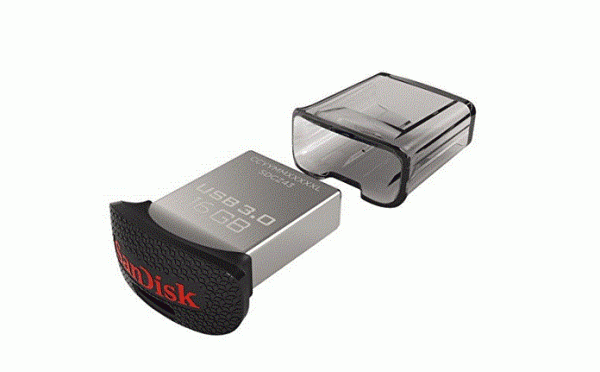
Last time we used a vertical internal USB Type-A header, but this time we will demonstrate with an internal header. The Dell PowerEdge R220 we have has a specific horizontal Type-A header used for hypervisor USB drive installation.
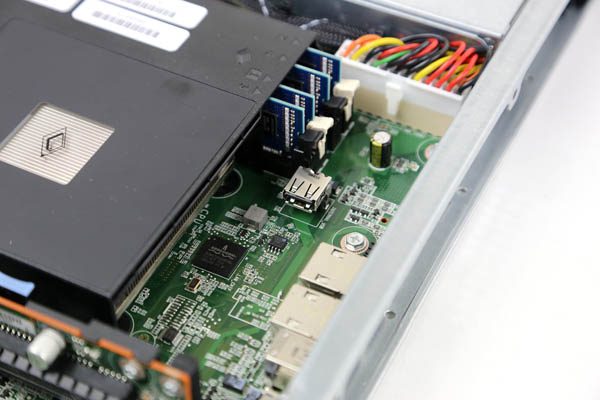
Inserting the USB drive one can see it easily clears nearby components. We did test on other 1U systems and the drives fit easily in vertical configurations.
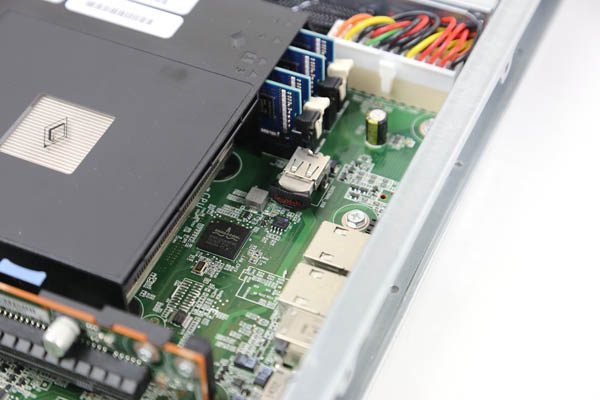
Dell and other manufacturers are using these internal USB headers as hypervisor installations, such as with VMware ESXi 6.0 have become extremely popular using inexpensive USB drives. VMware and others recommend using at least 16GB drives.

Using low profile USB drives inside 1U server chassis has a few benefits. First, it frees up a SATA port for use for vSAN or other VM storage. Second, keeping a drive inside the chassis prevents accidental removal.
Performance
This is a USB 3.0 flash drive so we would expect to see transfer speeds in excess of the 7MB/s or so we saw on the Cruzer Fit. We installed the SanDisk Cruzer Fit CZ43 16GB drive into a new Intel Xeon D-1540 test system and certainly saw nice transfer speeds in ATTO.
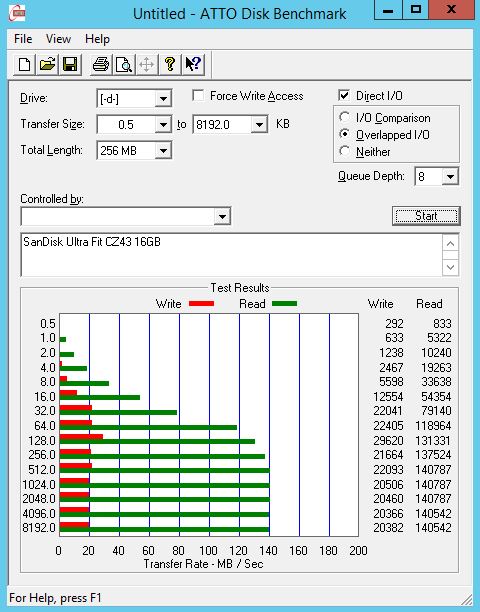
The 20MB/s write and 140MB/s read speeds are both considerably faster than we saw in USB 2.0 drives.
Conclusion
For $1 more ($10 on Amazon) the minor speed bump is nice to have. We use over a dozen of these drives in the lab for VMware ESXi drives. These drives can also be used for embedded appliance installations such as for FreeNAS, nas4free and others.

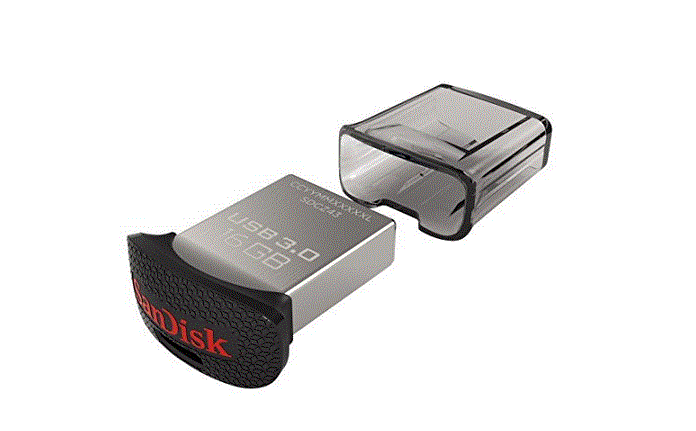

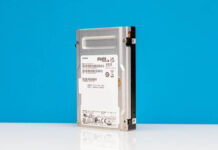
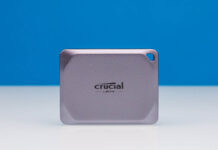
My experience has been the exact opposite. I purchased two SandDisk Ultra Fit 32GB for use with two ESXi boxes in January of this year. In March I’ve had numerous problems with my hosts: pink screen of death, missing VMWARE install ISOs, broken links, intermittent detectability in the BIOS so I couldn’t boot. During troubleshooting I’ve tried to upgrade and install ESXi 6.0 which wouldn’t finish due to errors; turns out that both SanDisk drives were corrupted. I was just outside of Amazon’s return window so I’ve purchased Patriot drives which have had zero issues.
We have a bout 240 of these at work. One had similar issues to what John Snow mentions but we saw that on day 1 and just swapped it out. I’m surprised you had 2 of 2 fail.
We have a bout 25 of these at work to, and had allready 8 fails !
If you have the space in the chassis, I would actually recommend the Sandisk Extreme
The 32GB version of these doesn’t work correctly with freenas/BSD. Me and others have tickets and forum posts trying to figure out what the issue is over at freenas. Didn’t work in older versions of freenas before the switch to zfs boot either. The 16GB version supposedly works fine but not sure. I eventually ended up purchasing the older usb2 version and they just work.
I would not recommend the 32GB USB3 version to anyone looking for boot disks. It sounds like the issue is sandisk not following specifications with production of these USB drives.
Speed is pointless when used for ESXi, freenas, or other similar. Once booted everything runs in RAM. Pull them out and the system keeps running. Although freenas GUI does benefit for better USB drives.
I’m using a 64GB model now for booting free Hyper-V 2012 R2.
Only issue I had was I had to complete the setup on a USB 2.0 port before moving it to the USB 3.0 port.
It would give a very quick error message and reboot.
I found this old post while searching around to see what the modern-day best practice is for low profile USB in an ESXi server. The consensus seems to be that the chips used in USB 3.1 fit devices run hotter and are reportedly less reliable in the long run compared to the USB 2.0 equivalents. I’m going with the 2.0 variant because, as mentioned in another comment, ESXi boots from the USB and runs from memory, rendering any speed advantage due to USB bus speed all but irrelevant.
Why am I searching now in 2019 for a new USB fit drive? Because a couple years ago we used a regular consumer-grade USB 3 flash drive in the server, and recently ESXi started reporting that it was losing connection to the boot media so configuration changes could not be written to the USB. So, for a $10 purchase I think I’m going with extended reliability over shaving milliseconds off the boot speed.